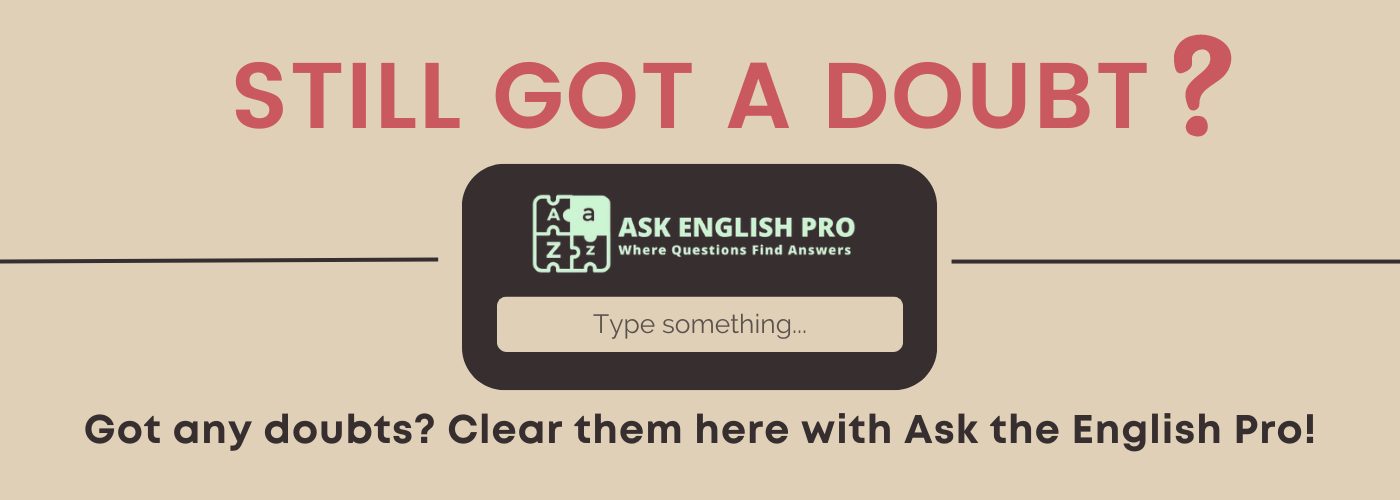Detailed Article for the Word “Venal”
What is Venal: Introduction
Imagine a judge who decides cases based on bribes rather than justice, or a politician who prioritizes personal gain over public service. This is the essence of “venal,” a word that describes a willingness to be corrupted by money or personal advantage. “Venal” reflects the darker side of human ambition, where integrity is sacrificed for profit. In a world often concerned with ethical behavior and fairness, understanding the concept of venality is crucial in recognizing the risks of unchecked power and influence.
Origin and History of the Word Venal
The word “venal” originates from the Latin “venalis,” meaning “for sale,” derived from “venum,” which means “sale.” First appearing in English in the early 17th century, “venal” initially described things that could be bought or sold. However, it quickly took on a negative connotation, referring to individuals or actions open to corruption and bribery. Over time, the term became associated with moral failings, describing those willing to compromise principles for personal gain. Today, “venal” is a potent word used to critique unethical behavior in politics, business, and other areas where money and integrity intersect.
Meaning and Definition of Venal
Venal (adjective):
- Willing to accept bribes or easily corrupted; susceptible to bribery
- Motivated by or showing susceptibility to corruption, especially for financial gain
- (Archaic) Capable of being bought or sold
Usage note: “Venal” often describes behavior that reflects moral corruption, especially in positions of authority or trust.
How to Pronounce Venal
VEE-nuhl
How to Remember Venal: Memory Tips
Think of “venal” as related to “vending”—both words involve something being “for sale.” Picture a judge or politician who acts like a vending machine, offering decisions or favors in exchange for cash. Another association could be with “venomous,” as both words imply something harmful or morally toxic.
Venal in a Sentence: Examples and Usage
- Political: The venal mayor was known for awarding contracts to companies that offered him personal kickbacks.
- Historical: Corruption in the venal court led to widespread disillusionment and ultimately, rebellion.
- Business: Many people were outraged by the company’s venal practices, putting profits over ethical responsibility.
- Legal: The lawyer’s venal behavior undermined the case, as he manipulated evidence in exchange for a hefty bribe.
- Everyday Life: He suspected the decision was influenced by venal motives, as money seemed to hold more sway than fairness.
- Literary: The novel depicted a venal society, where even the noblest ideals could be bought for the right price.
- Corporate: Venal leadership within the organization led to dishonest practices that eventually damaged its reputation.
Difficulty Level of Using Venal
Advanced:
- Often used in formal or critical contexts
- Associated with moral judgment and ethical discussions
- Commonly found in political and legal discussions
Modern Usage of Venal in Contemporary Context
In modern discourse, “venal” often describes corrupt practices within government, business, and other institutions. Politicians accused of accepting bribes or prioritizing special interests are frequently labeled “venal,” reflecting public frustration with unethical leadership. In corporate environments, “venal” may refer to executives or policies that prioritize profit over social or environmental responsibility, exposing a willingness to compromise integrity for financial gain. Journalists and authors use “venal” to critique systems that incentivize dishonesty and exploitation, as the word underscores a fundamental betrayal of trust. In an era where ethical transparency is increasingly valued, “venal” serves as a powerful descriptor for actions or individuals who sacrifice ethics for self-interest.




















What a neat website! I’d love to use it in my classroom. I love the visual images, however the grammar in the “venal” definition is incorrect.
Hey thanks a lot.
Will make the correction.